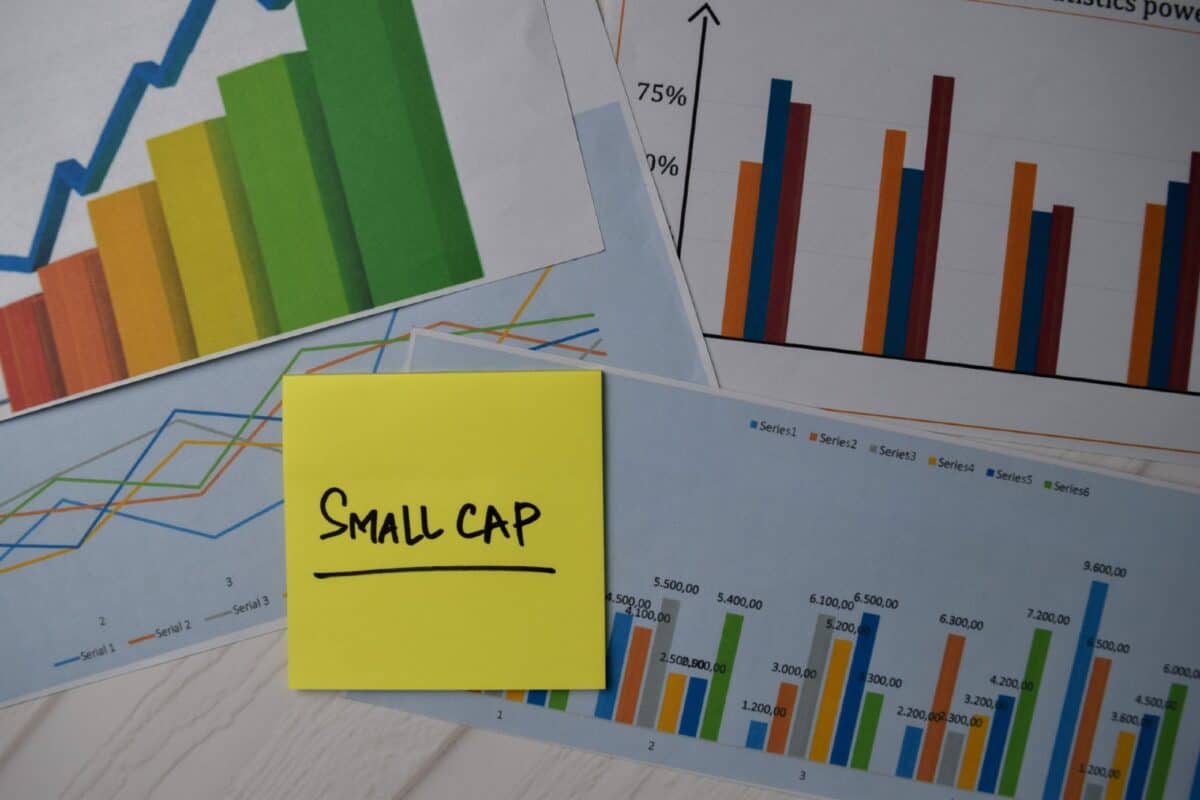The UK stock market has some terrific dividend shares. And while James Halstead (LSE:JHD) doesn’t attract the attention of some of its bigger counterparts, it’s arguably just as impressive.
The stock’s listed on the Alternative Investment Market (AIM) and manufactures and distributes vinyl flooring. It sounds dull, but the income it generates is anything but.
Passive income
With a market-cap of £802m, James Halstead might not be the UK’s biggest company. But from a passive income perspective, there’s a lot to like about the stock.
With the share price down 9% over the last 12 months, the dividend yield’s just under 4.5%. And the firm has increased its dividend per share each year for 47 consecutive years.
Furthermore, the recent increases have been substantial. Over the last decade, the dividend’s grown by an average of around 5% a year.
The firm sends out around 80% of its earnings as shareholder distributions, which raises the question, how sustainable is the dividend? But I think that question can be answered.
Unit economics
It might look like James Halstead’s dividend coverage doesn’t offer investors much margin of safety. But this is actually a sign of a business with some extremely attractive unit economics.
The company’s operations don’t use much in the way of fixed assets. As a result, there isn’t much need to retain cash within the business for maintenance or replacement costs.
Over the last 12 months, the company’s generated £54m in operating income. But with only £49m in property, plant and equipment to maintain, there isn’t much need for reinvestment.
As a result, capital expenses only account for around 5% of operating cash flow, leaving the rest available for shareholder distributions. That’s very attractive from a passive income perspective.
Risks
James Halstead supplies vinyl flooring for commercial properties, including stores, offices, and facilities. But it’s hard to discern what the company’s long-term competitive advantage is. Vinyl flooring isn’t something the firm has a patent on, for example. And in its most recent annual report, it identifies innovations from competitors as a potential threat.
Another risk management identifies is the possibility of a recession. Lower construction output might reduce demand for flooring, causing sales to fall and margins to contract.
Investors should take these risks seriously. But 47 years of consecutive dividend increases suggest the company’s more resilient than it might look.
Buying shares
With the company distributing 8.5p per share over the last 12 months, investors looking for £1,500 a year in dividends will need 17,648 shares. And at today’s prices that costs £34,360. That’s a lot, but the company’s looking to keep growing its shareholder returns into the future.
With the stock down 8% over the last 12 months, I think it’s well worth considering.
This post was originally published on Motley Fool







